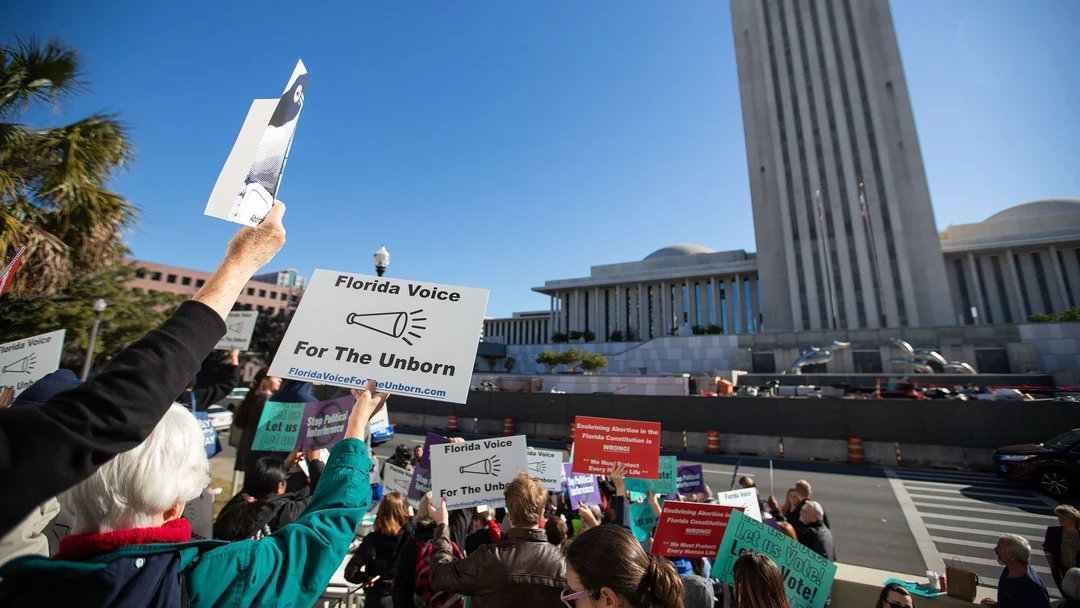
Florida Enacts Six-Week Abortion Ban, Prompting Legal Challenges
Florida Governor Ron DeSantis recently signed a controversial bill into law that imposes a six-week abortion ban, marking a significant shift in the state's approach to reproductive rights. This new legislation, which took effect immediately, limits abortions to the earliest stages of pregnancy, before many women even know they are pregnant. The move has sparked widespread debate and legal challenges from advocacy groups who argue it infringes on personal freedoms and healthcare access.
The law, known as the 'Heartbeat Protection Act,' is one of the most restrictive abortion measures in the United States. It allows exceptions only in cases of rape, incest, or to save the life of the pregnant woman. Critics of the bill, including healthcare providers and civil rights organizations, have expressed concerns over the potential health risks posed to women and the logistical challenges of accessing abortion services within the narrow timeframe.
Legal battles are already underway, with groups like the American Civil Liberties Union (ACLU) and Planned Parenthood gearing up to challenge the ban in court. They argue that the law violates privacy rights guaranteed by the Florida Constitution and could lead to a public referendum to protect abortion rights in the state. The outcome of these legal challenges could have far-reaching implications for abortion policy not just in Florida but across the nation.
Supporters of the six-week ban, including many conservative lawmakers and pro-life organizations, view the legislation as a necessary step to protect unborn lives. They argue that advancements in medical technology have made it possible to detect a fetal heartbeat as early as six weeks, justifying the new limit.
As Florida navigates this contentious issue, the debate over abortion rights continues to be a pivotal topic in American politics, influencing voter turnout and policy at both state and federal levels.